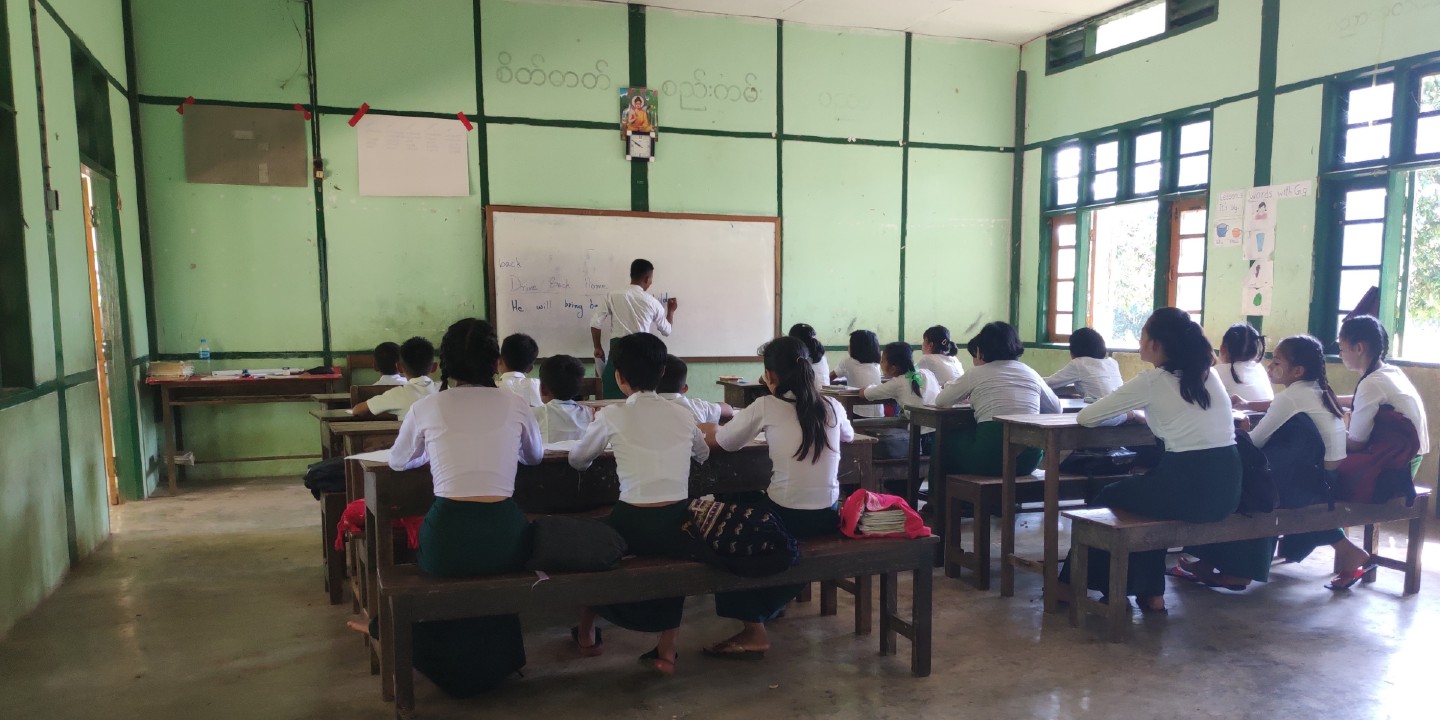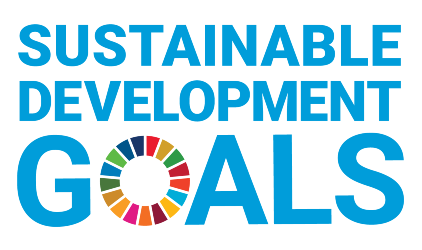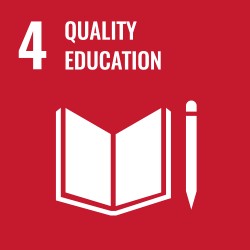
Validating teacher competency standards in Myanmar
Research 30 Jun 2020 7 minute readACER is supporting Myanmar to improve the quality of education through the development and validation of its own teacher competency standards framework.
Teacher competency standards are important for increasing the quality of teaching and learning. Originating in the United States, the primary objective of teacher competency standards was originally to improve the status of the teaching profession. More than 70 years on, professional standards for teachers are now widely used as policy mechanisms to both assess and enhance the quality of teaching.
Teacher standards have been implemented in many countries around the world, including Australia, New Zealand, the Netherlands, the United Kingdom, and the United States. The justification for teacher standards, as researchers such as Linda Darling-Hammond have highlighted, lies in the notion that improved teaching will create greater conditions for student achievement.
In the Asia-Pacific region, Myanmar is working to improve the quality and equity of its education system in a number of areas, including making revisions to existing teacher education programs, curricula frameworks, gender and inclusion mechanisms, and teacher competency standards. In this context, the first draft of the Teacher Competency Standards Framework (TCSF) was developed by Myanmar experts in 2016.
Like other teacher standards frameworks around the world, the TCSF offers a mechanism for Myanmar’s teaching profession to reflect on teaching practices, foster knowledge, and ultimately, to improve teaching and learning. With a focus on beginning teachers, the TCSF aims to provide a mechanism to support the quality of teacher education against four key domains of practice: professional knowledge and understanding; skills and practice; values and dispositions; and professional learning and development. The TCSF is also a significant component of broader education reform currently taking place in Myanmar.
Building on an extensive evidence base of quality teaching and learning mechanisms, the draft TCSF has undergone a comprehensive review in preparation for implementation by the Ministry of Education in Myanmar. Working collaboratively with researchers from the Ministry of Education, UNESCO and the Myanmar Education Quality Improvement Program (My-EQIP), through the Strengthening pre-service Teacher Education in Myanmar (STEM) project, ACER was the technical lead for a large-scale, mixed methods validation of the Teacher Competency Standards Framework.
The validation of the TCSF included three key research phases:
- surveys of expert stakeholders;
- surveys of classroom teachers and student teachers; and
- in-depth case studies of teachers in schools across Myanmar.
All three phases sought to understand if research participants perceive the TCSF to describe effective teaching practice in Myanmar. The findings of the validation study indicate that:
- expert stakeholders perceive the TCSF as understandable, achievable, and assessable
- regardless of gender, region, qualification, school or teacher type, teachers and student teachers understand the requirements of the TCSF well and perceive it to be important
- regardless of gender, region, qualification, school or teacher type, teachers and student teachers report an ability to perform adequately or above across all areas of the TCSF
- teachers and student teachers believe that the minimum requirement for pre-service teacher education curriculum and for future teachers is well determined and is helpful in promoting a meaningful educational context
- participating teachers are already attempting to meet the minimum TCSF requirements in their practice, indicating alignment between best practice and the TCSF
- although teachers are able to describe what they do in regards to the domains of the TCSF, they are less able to describe how they employ pedagogical approaches to their teaching.
As expectations for Myanmar’s teaching profession are refined and aligned to the TCSF, the framework offers a vision for future policy and practice in Myanmar. Overall, the TCSF as a framework for effective teaching practice appears to be widely understood by teachers in Myanmar, and the implementation of the TCSF, especially into classrooms, will now begin.
The validation study has helped to increase engagement with the TCSF in teacher education and is already being used as the basis for some teacher education courses. Similarly, the validation study – especially the teacher survey – has helped to raise awareness of the TCSF in schools and to provoke thinking about what the TCSF might mean for improving educational practice.
Importantly, the validation study has also provided an opportunity for members of the teaching profession in Myanmar to be part of the reform process. By fostering such collaboration, the implementation of the TCSF in Myanmar is more likely to succeed, particularly if it continues to be viewed as a shared responsibility between policy makers and practitioners alike.
The United Nations Sustainable Development Goal 4 aims to ensure quality education provision for all. The TCSF offers an opportunity for improvement within Myanmar’s teaching profession, including improving the status of teachers through equitable promotion. It also provides a relevant response to the United Nations’ efforts to increase equity and inclusivity for teachers and students. The validation of the TCSF sets the scene for a major and important cycle of teaching and learning reform in Myanmar. ■
 |
 |
Acknowledgements
The author gratefully acknowledges Sandar Kyaw, National Programme Officer, UNESCO Myanmar, for her collaboration on this piece, and her broader support for ACER during the TCSF validation study.
Further reading
Read the Validation of the Myanmar Teacher Competency Standards Framework (TCSF) Final Report in English and Burmese.